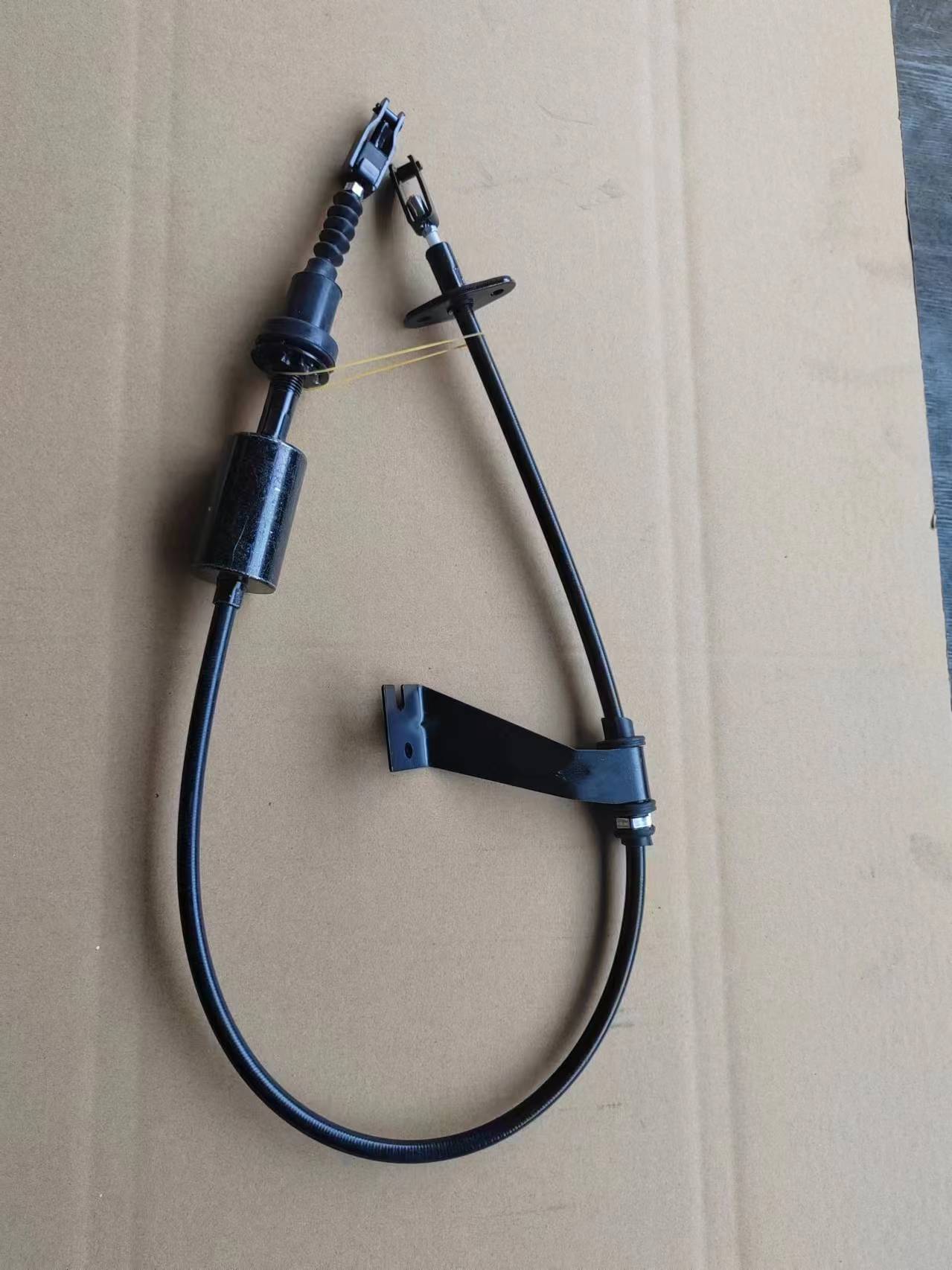hydraulic clutch hose
Understanding Hydraulic Clutch Hoses Function, Maintenance, and Importance
Hydraulic clutch hoses are essential components in hydraulic clutch systems used in various vehicles, particularly in manual and semi-automatic transmissions. The functionality and reliability of a vehicle's clutch system depend significantly on the quality and performance of the hydraulic clutch hose. This article aims to explain the essential role of hydraulic clutch hoses, their construction, maintenance tips, and the significance of regular inspections.
The Role of Hydraulic Clutch Hoses
The hydraulic clutch system operates on the principles of hydraulic force transmission to engage and disengage the clutch. It incorporates a master cylinder and a slave cylinder connected by a hydraulic hose. The master cylinder houses the brake fluid, and when the driver presses the clutch pedal, this fluid is forced through the hydraulic hose to the slave cylinder, which in turn disengages the clutch.
When the clutch is disengaged, it separates the engine from the transmission, allowing the driver to shift gears smoothly. Upon releasing the pedal, the fluid returns, re-engaging the clutch and reconnecting the engine to the drivetrain. Therefore, the hydraulic clutch hose serves as a critical conduit for transmitting the pressurized fluid required for this process.
Construction of Hydraulic Clutch Hoses
Hydraulic clutch hoses are typically made from durable materials that can withstand high pressures and temperatures. The construction usually involves an inner tube made from rubber or synthetic materials, designed to carry hydraulic fluid. This inner layer is reinforced with braided steel or synthetic fibers to enhance strength and prevent bursting under pressure. Additionally, an outer layer of rubber or a weather-resistant compound protects against environmental factors, such as heat, moisture, and road debris.
The quality of materials used in the construction of hydraulic clutch hoses directly influences their longevity and performance. High-quality hoses are less prone to leaks, swelling, or bursting, contributing to a safer and more efficient driving experience.
Maintenance and Inspection
Proper maintenance of hydraulic clutch hoses is crucial to ensure vehicle safety and performance. Here are some effective maintenance tips
hydraulic clutch hose

1. Regular Inspections Periodically inspect the hydraulic clutch hose for signs of wear, such as cracks, bulges, or leaks. Any visible damage warrants immediate replacement to prevent catastrophic failure.
2. Check Fluid Levels Inspect the hydraulic fluid level in the master cylinder reservoir. Low fluid levels can indicate leaks in the hydraulic system, including the hose.
3. Listen for Unusual Noises If you hear strange noises when depressing or releasing the clutch, it may indicate an issue with the hydraulic system, including the clutch hose.
4. Replacement at Intervals Replacement intervals can vary depending on the vehicle and usage. Always refer to the manufacturer’s recommendations for when to replace the hydraulic clutch hose.
5. Professional Servicing It is advisable to have a qualified technician inspect and service the hydraulic clutch system regularly. They can identify potential issues before they escalate into costly repairs.
Importance of Quality
Investing in high-quality hydraulic clutch hoses is critical for vehicle safety and performance. Cheap or substandard hoses may save money in the short term but often lead to frequent failures, system inefficiencies, and potential safety hazards. Always opt for hoses that meet or exceed the original equipment manufacturer's (OEM) specifications to ensure optimal performance and longevity.
Conclusion
In summary, hydraulic clutch hoses play a vital role in the efficient operation of a vehicle's clutch system. Their proper function is essential for smooth gear shifting and overall safety. Regular maintenance and timely inspections are crucial for the longevity and reliability of these hoses. By understanding their importance and taking proactive measures, vehicle owners can ensure that their hydraulic clutch systems operate efficiently and safely, providing a better driving experience. Always prioritize quality and professional maintenance when dealing with hydraulic systems in vehicles.
-
Workings of Clutch Pipe and Hose SystemsNewsJun.04,2025
-
The Inner Workings of Hand Brake Cable SystemsNewsJun.04,2025
-
The Secrets of Throttle and Accelerator CablesNewsJun.04,2025
-
The Hidden Lifeline of Your Transmission Gear Shift CablesNewsJun.04,2025
-
Demystifying Gear Cables and Shift LinkagesNewsJun.04,2025
-
Decoding Clutch Line Systems A Comprehensive GuideNewsJun.04,2025
